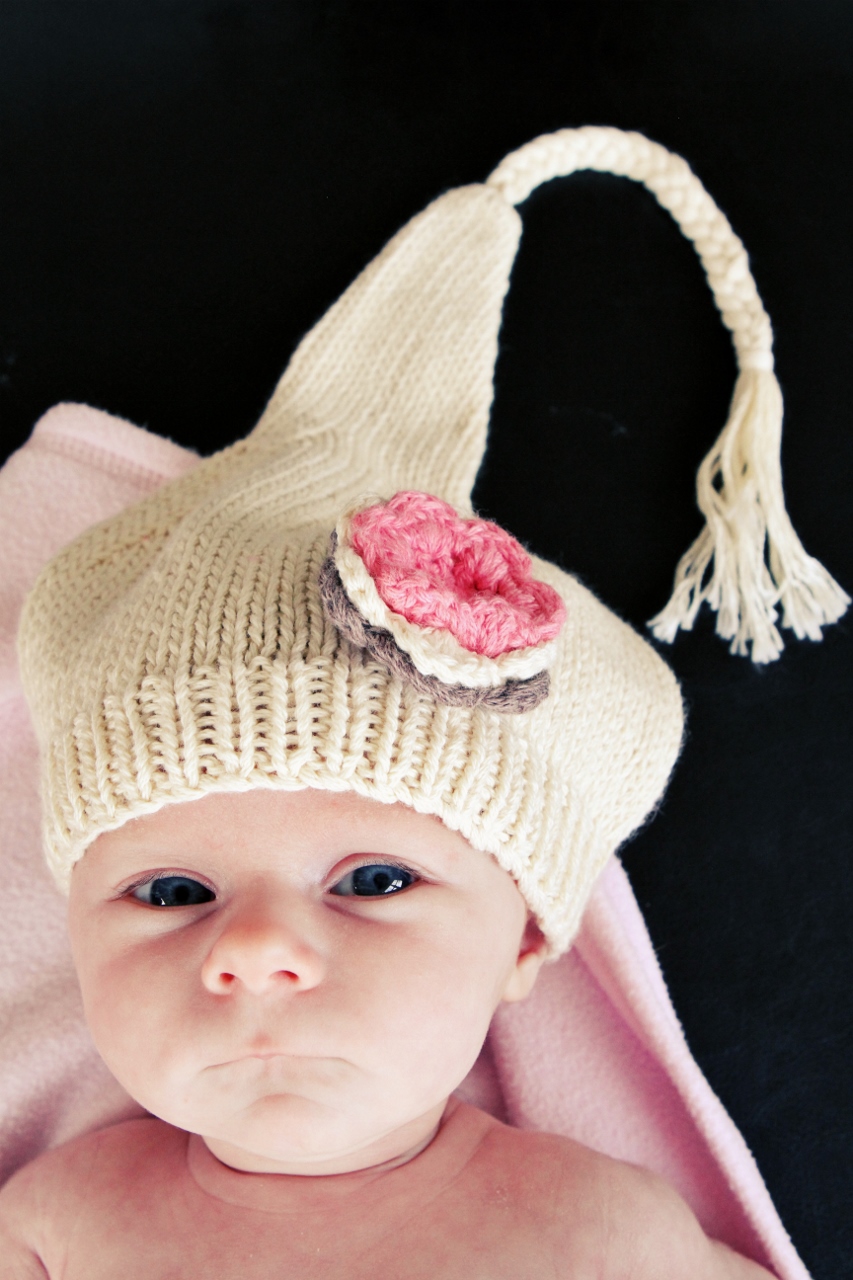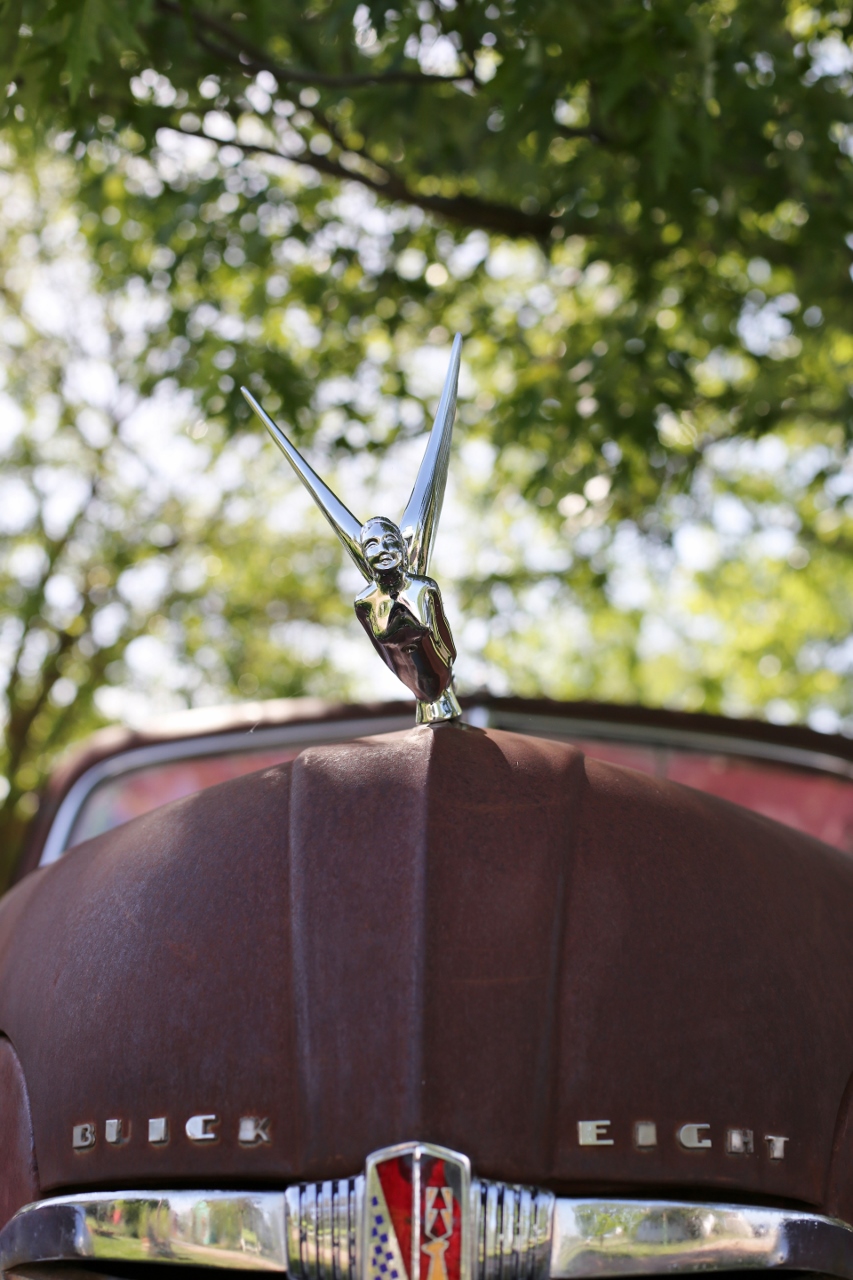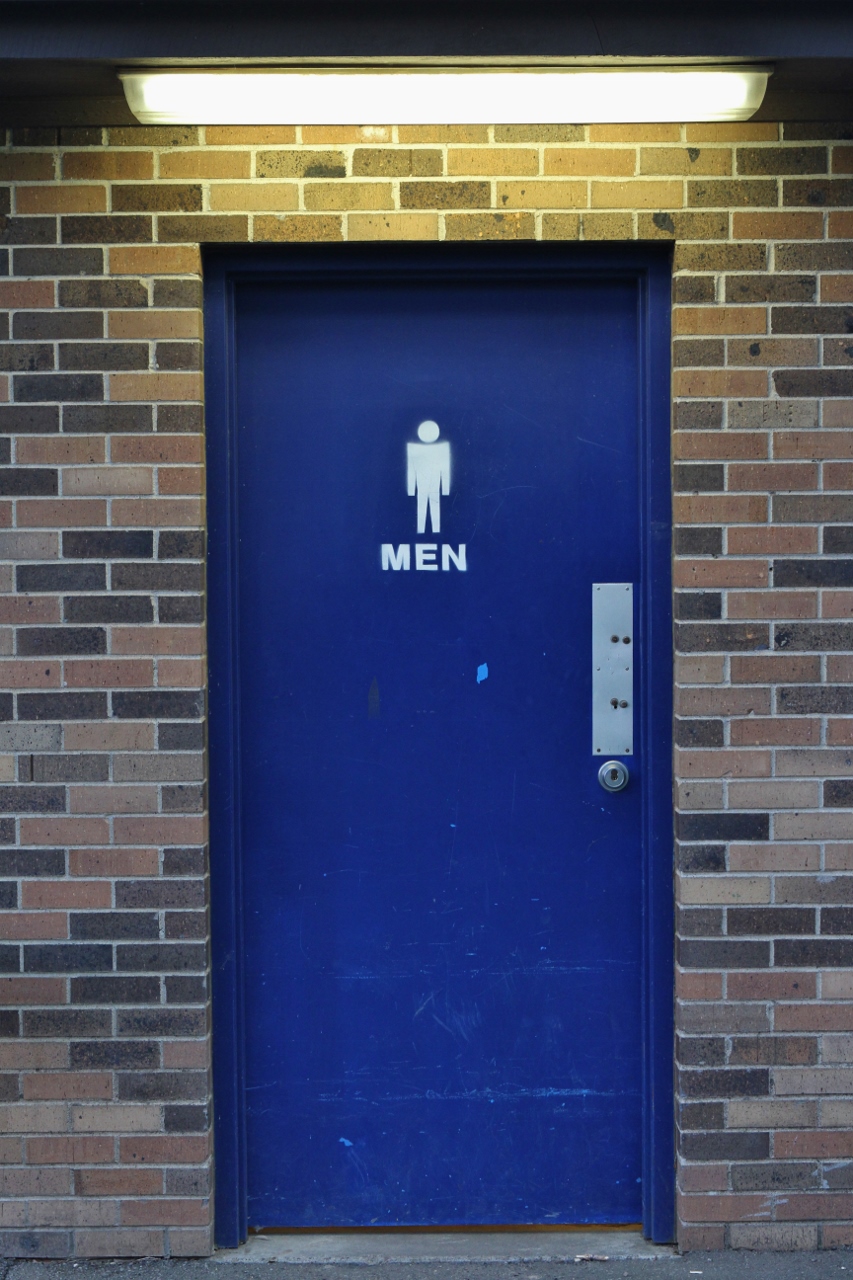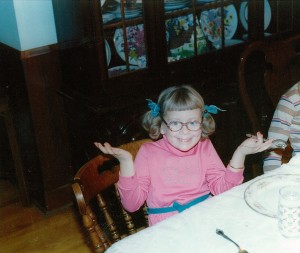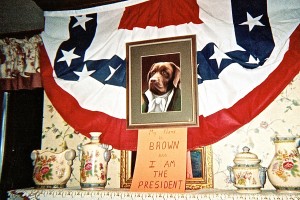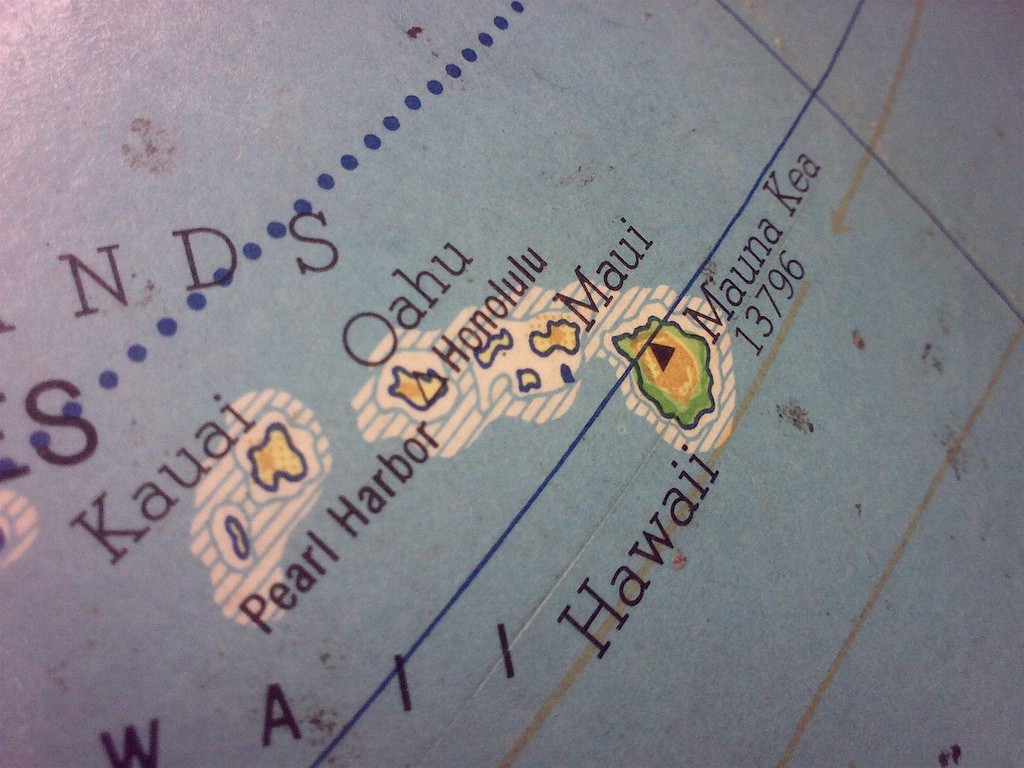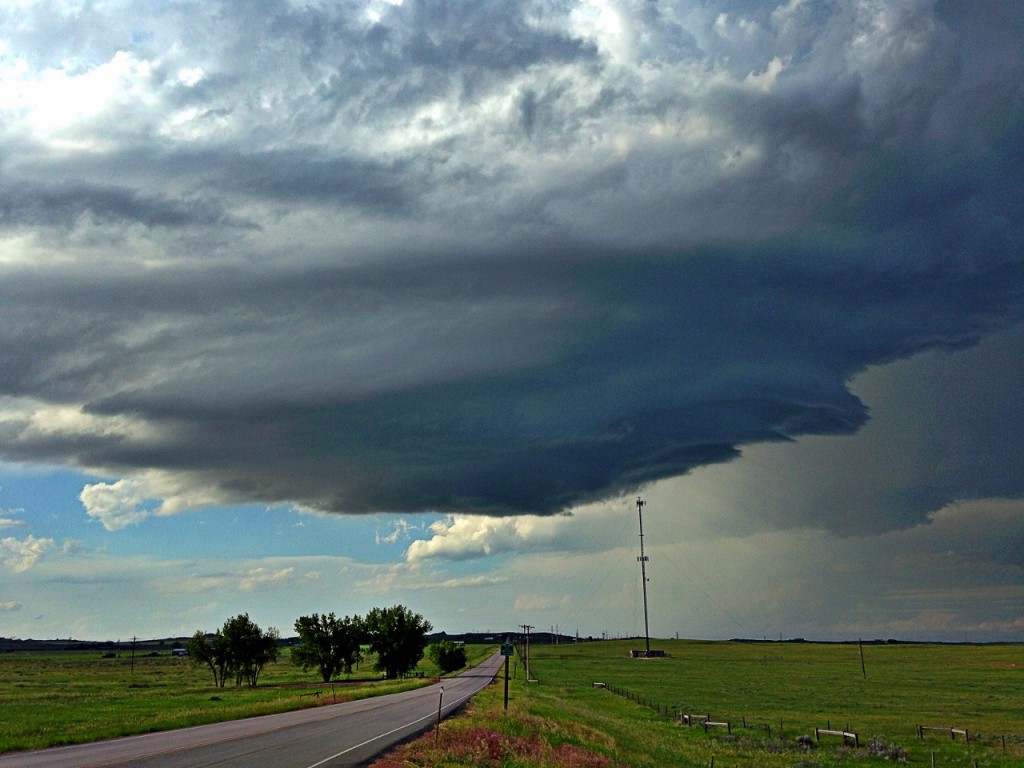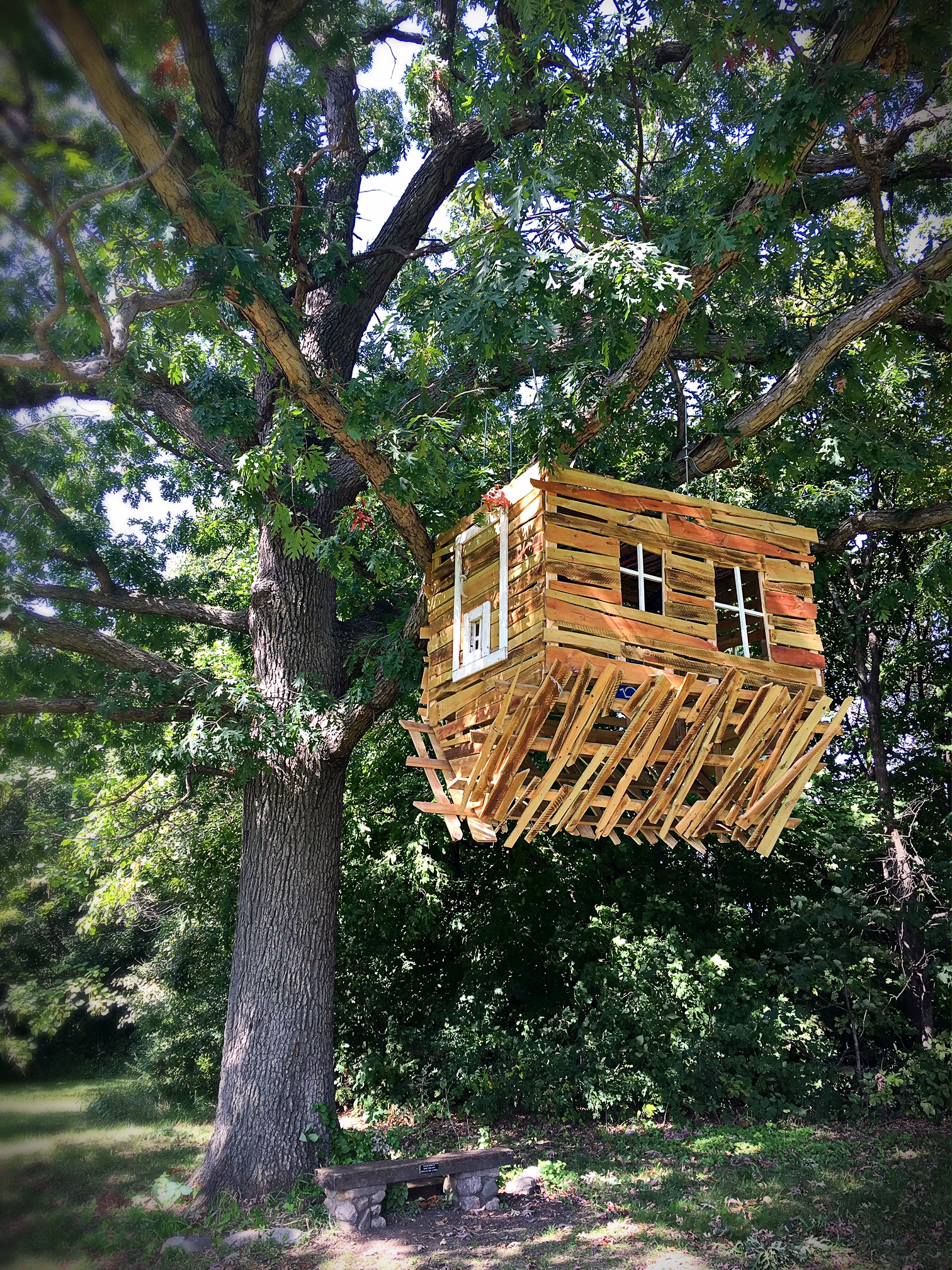
By Naomi Ulsted
I got the call at ten-thirty at night. It was typically dramatic, as my family was at that time. “They found him,” said my mother. I hung up and shook my boyfriend awake. I let him know I needed to drive to California with my mother tonight. I was meeting her at midnight in the parking lot of the House of Pancakes in Salem, Oregon. We were going to get my brother.
Adrian was twelve and his face could be found on cartons of milk with the giant words “MISSING” on them. He’d been listed as a kidnapping victim since my stepdad (Adrian’s real dad) had driven off with him eight months ago. He’d actually been gone for a while before that, but these were the questions I imagined the police asking my mother.
He’s with his father?
You had custody?
You had custody but you allowed him to live with his father?
You’re not sure of the date he actually went missing?
You’re the one who left the marriage?
You have how many children? Five?
Said or unsaid, these questions delayed the process. Officials put that file on the bottom of the pile.They were questions I still had myself. The weeks had gone on. My mother began taking anti-depressants. I was in college, reveling in books, falling in love and pretending that I had a stable family who didn’t kidnap each other.
•••
My oldest son, Logan, is telling me a very long story that has something to do with Minecraft. As I put away the dishes, I listen to him with about twenty-five percent of my brain. I say, hmm mmm and yeah, and that’s funny, when I realize that he’s just told me something that’s supposed to be funny, although I have no idea what it was. With my remaining seventy-five percent I’m planning what to put in the kids’ lunches and preparing for the eight-thirty meeting I have at work. Adrian used to talk about comics like Logan talks about video games. When Logan finishes his story, he looks at me expectantly. I laugh, hoping that was the appropriate response. He wraps his gangly arms around me for a spontaneous hug, which is something he does still, even though he’s nearly twelve. I run my hand through his thick hair, which needs another cut. He is almost as tall as I am.When he was younger, I sometimes called him by my brother’s name.
•••
My mother had custody of Adrian, but rather than force Adrian to move with her and his three younger sisters into a two bedroom apartment with new stepbrother and stepdad, he was allowed to continue living with his dad and me in our mobile home in Camano Island, Washington. My mother was choosing her battles. I was just starting my senior year in high school, so my mother, thankfully, had left me there as well. Adrian and his dad wiled away the days eating ice cream from the carton and watching Tron. I tried to drag Adrian out of bed so I could drive him to sixth grade, but he was too big and stubborn for me. I gave up, leaving them both sleeping. This went on until my stepdad and Adrian moved to their own apartment and I was the only one left at home, finishing high school. I went to school, worked at the grocery store, sautéed mushrooms for dinner and listened to the silence of the house, telling me it was time to go.
After my first semester at college, I spent Christmas with my brother and my stepdad at their apartment. We ate pizza and they both fell asleep early on Christmas Eve. I stayed up reading Adrian’s X-Men comics, carefully replacing them back in their plastic sleeves when I was finished. Shortly after that Christmas, my stepdad quit his job passively, by not showing up, stopped paying his rent and disappeared with Adrian.
•••
Last summer, Logan went to an overnight camp for a week. He had been excited when we signed him up, but the week before it was time to leave, he insisted he didn’t want to go. His stomach hurt. He couldn’t sleep. I showed him videos from the website of kids around the campfire smiling broadly. I talked about camp games, bonfires and horseback riding. I assured him he was going to love it, so he reluctantly rolled up his sleeping bag. But the camp rules didn’t allow phones and as the week approached, I tried to stifle my own fears. What if some of the kids were cruel to him? What if something horrible happened and he didn’t feel like he could call me? Outside of the letters I wrote ahead of time for him, I would be unable to reach him. By the time a handwritten letter from him arrived in my mailbox, he’d be home. While he was gone, I dreamed when I went to pick him up, he wasn’t there. Kids were reuniting with their parents all around me, but no one knew where he was. I tried to call the police, but over the line the officer said things like you left him there in the woods with a bunch of strangers? and he didn’t want to go, but you pushed him into it?
•••
I left my car at the House of Pancakes. As I climbed in next to my mother, she handed me a thermos of coffee. We pulled onto the freeway. She was all business, filling me in on the way. They were in a small town in northern California. The policewoman who called her had suggested that she just go back to sleep and come get him tomorrow. Adrian was fine so there was no rush. My mother said she’d been looking for her son for eight months and he’d been found, so how could that stupid woman tell her to go back to sleep? She’d come and get her son right this instant, thank you. Adrian wouldn’t have to spend one more night with that asshole he had for a father. I sipped my lukewarm coffee, extra sweet like my mother always made it, so it tasted less like coffee and more like a melted candy. I wondered how we got to be so dysfunctional. I was in a small, private college that I’d bullied my way into with good grades and multiple phone calls and I didn’t see anyone around me with families like mine. I was nineteen and not yet done being embarrassed about my entire life up to this point.
We drove into the night, up through the curving hills of the pass, often silent. I knew I was supposed to be helping my mom stay awake, so I tried to talk about my classes, my friends, my boyfriend, but she didn’t ask many questions. I knew her focus was elsewhere. As we pulled into a lonely open Chevron in the Southern Oregon town of Grants Pass, she said, “I should have never left him with his dad.”
“How were you supposed to know he was going to take off?”
“I should have known. But I’m getting him back now. He’s going to be part of our family again.”
I didn’t mention that her new family with my second stepdad was not my idea of our family and probably wasn’t Adrian’s either. None of us kids knew what our idea of family was anymore. She gripped the wheel tightly as we drove south and the shadows of the trees flew past.
Eventually, she told me to go ahead and lie down in the back. The back seats had been turned down so there was a space large enough to curl into. I pulled a blanket around me. Adrian had never called while he was missing, causing my mother to go frantic with worry. I had figured he was safe. My stepdad had never hurt him. Not physically anyway. However, I also knew my stepdad was a broken and twisted man, one with dark wounds inside. I couldn’t be totally sure of anything about him. Before he disappeared, he’d written me letters describing the futility of life. He was giving away what meager things he had left. I watched the darkness through the window and wondered why my brother had never called. When I woke three hours later, the sun rose over the mountains of northern California.
•••
Logan complains loudly and frequently about school. He tells me he’s bored and he’s learning nothing. In the morning I wake him and he rolls over, whining do I have to go? As if I ever tell him anything different. Yes, you have to go. If he were allowed, he would eat ice cream out of the carton and watch Tron all day. I make him go to school. I get dressed, make lunches and make myself go to work. I don’t call in sick to stay home reading all day and watching bad movies for hours, complaining that going to work is just buying into the system and letting corporate American run your life. I am not my stepdad. I am my mother, who forced herself to finish her last term in college while Adrian was missing, made lunches for my sisters every day and tried to create a family, as complicated and exhausting as it was.
•••
I took over the driving and a couple hours later we rolled into Ukiah, where my brother had been living for the past few months. My mother had closed her eyes, leaning her head against the window, but she had not slept. I longed to grab coffee, but my mother was not stopping. We pulled into the police station parking lot to get Adrian. I wondered if my dad was in jail and if I’d have to see him there.
Inside, I was unnerved by the police officers and the official feel of everything. It was as though I was in a world where I didn’t belong. My mother told the attendant at the front who she was and we were asked to wait. Nobody seemed to be in much of a hurry. After a while, a man came out to shake our hands, introducing himself as an officer. He led us back to a small room where we sat at a round table.
“Where is my son?” my mom demanded, embarrassing me with her aggressive voice.
“Adrian is just fine,” the officer said in a placating voice. “You can get him shortly. I just need to go over some paperwork with you.” In the conversation, the officer said things like, just needed to get away for a while, didn’t mean to cause a big problem and were just getting on their feet. When he told my mother that Adrian had been allowed to go back with his dad yesterday to their apartment for one last night, my mother flipped her lid.
“You allowed what?” My mother had that hysterical tone she got when she was about to throw something. I hoped she wouldn’t. My mother had thrown glass plates, laundry baskets and toys, although generally not at any person. Once she threw a plastic Sesame Street mug so hard it chipped the Formica counter, leaving a vivid reminder to stay out of the way of her wrath. My mother pounded her fingers on the paperwork, stood and slapped her purse down on the table, demanding to know why, when my brother had been kidnapped and missing for so long, he was allowed to go home with the person who kidnapped him. I wondered if I should move the stapler out of her reach.
Even I could tell my stepdad had gotten to this officer. I’d only just recently begun to separate myself from my stepdad’s manipulation and to recognize it for what it was. It was just a year ago that I’d secretly arranged a visit between him and my three younger sisters, against my mother’s wishes. He always seemed so sad, such a victim of circumstances, such a victim period. Nothing was ever his fault. Emotional wounds. Neglect. He twisted things to where I found myself forgiving him, feeling sorry for him, blaming someone else. Sometimes myself.
My mother was having none of it. The officer looked at her as if her hostile behavior proved everything he had suspected. I wished I had slept more. I wished I had coffee. I wished I was at home eating breakfast with my boyfriend. I had a philosophy paper to write. I wished I was anywhere else but here. The officer finally broke in. He told my mother that Adrian could be picked up now. However, he suggested strongly that my mother shouldn’t go, since she was obviously volatile and would likely upset the household. My mother looked like she might upset the entire police force in about five seconds. “I’ll go, Mom,” I said quickly. “I’ll get him.”
•••
Logan and I read together every night, still. He knocks on my bedroom when he’s sick, his lanky form a shadow in my doorway. When he’s in trouble with his dad, he brings his tears to me. When he is pushed or punched at school, he eventually confides in me. He curls his thin body against mine when we watch Harry Potter. I can’t imagine him being without me for eight months. I can’t imagine what I would do or say. What I would throw.
•••
The apartment was one in a row of one-bedrooms on a street with cracked sidewalks with tufts of struggling weeds in the yards. My stepdad opened the door when I knocked, giving his small, sad sigh. “Sorry,” he said, “that you had be here.” He kicked a few empty Chinese food cartons out of the way as he shuffled to the kitchen. His dark hair flopped in his eyes. He wore jeans and a ripped tee-shirt. I doubted he was working. Probably doing advertising copy for the local paper occasionally and calling himself a writer. My brother came in from the hallway, lugging a box of comic books.
“Hi, Nomes,” he said. His hair was greasy and unkempt and he was distinctly taller than I remembered, with ankles showing under his too short jeans. He smiled at me awkwardly, then looked at his dad.
“I’ll get your bags,” my stepdad said, heading down the hallway with a hangdog look.
Adrian and I put his comic books in the car. “Can I have a hug?” I asked and he leaned in. He needed a shower. As we separated, I felt the weight of the trip, my mother sitting back at the station, steaming mad, the months of waiting. As we looked at each other, I crumpled into tears. “Why didn’t you call?” I asked, covering my face with one hand, the other gripping the trunk.
He looked at me, surprised. “Dad said we might as well wait to call until we got our apartment and knew where we were going to be. And he said if I called then I’d never be able to see him again.” He leaned over to pat my arm as I continued to cry. “It’s no big deal. I was fine,” he said. “It’s going to be okay.” He repeated it, “It’s going to be okay, Nomes.”
•••
My mother and I took Logan to the Spy Museum in Washington, DC. It’s an incredible museum full of twists, turns, nooks and crannies. Kids climb up in a tube through the walls and into the ceiling to spy on the people below. Dark and sneaky spots lurk throughout. I thought Logan was right ahead of me, but I lost him. I tried to keep calm, telling myself he was just in one of those dark corners, sorting out a spy code, looking over a watch with a secret blade. I had left my mother choosing her spy name. I walked quickly back through the entire museum, scanning all the crowds. I hurried through the rest of the exhibits, not noticing anything but the fact that he was not there. When I reached the gift shop a second time, I counted back. He’d been missing maybe twenty-five minutes. If he’d been taken, he’d be twenty-five minutes down the road now.In some unmarked van. A lot can happen in twenty-five minutes. I found a security officer and trying not to look like I was hysterical, I described Logan. He radioed out to the other staff and we began walking back through the museum. Thirty minutes? Thirty-five minutes? My breath shortened as I realized that this could actually be happening. The thing that terrifies every parent.We turned the corner to see a different security officer standing with Logan. “Hi Mom,” he said. I started crying. Surprised, he reached over, patting me. “It’s okay,” he said, “I was fine.”
•••
What I remember is Adrian arguing with my mother on the long drive home. He hadn’t been to school the entire time he’d been with his dad so he’d have to repeat sixth grade. Adrian’s protests went on and on as the miles distanced us from California. Insisting he didn’t want to go to school. Demanding his own room. Informing her that his stepbrother was jerk. His stepfather was a sellout to society. My mother tried to reason with him until she finally argued back, in frustration. He was twelve years old, she was his mother and by god, he would be living with her and following the rules of her house. That’s what I remember.
My mother remembers none of that. She only remembers being so grateful, so relieved, so happy, as the road took the three of us back up north through the long afternoon and into the night.
•••
NAOMI ULSTED is a fiction and memoir writer. Her work has been published in Salon, Narratively, and Luna Luna. She is currently working on a middle grade urban fantasy, with help from her son. She lives with her two boys and husband in Portland, Oregon, where she is also the director of a Job Corps center training program for at-risk teens.

 Follow
Follow



